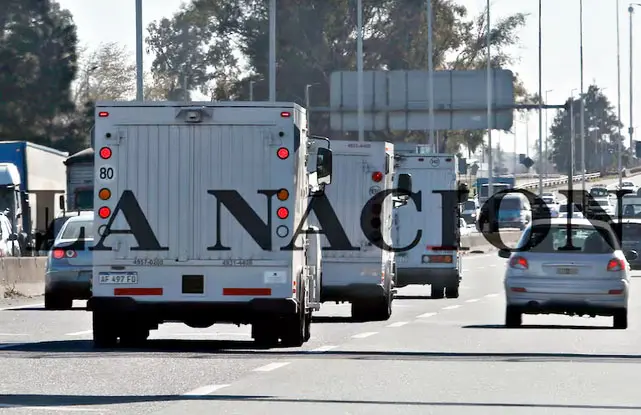Nord Stream 2 gas pipeline “The federal government has not changed its basic position” on this issue, her spokeswoman Martina Fitz told reporters, saying that Berlin continues to support the energy project and refuses to link it with the arrest of the Kremlin enemy, conveys lalibre.be
She responded to the criticism leveled this morning by French Minister of State for European Affairs Clément Bonn on France Inter radio, which proposed abandoning the controversial project.
“We have already adopted sanctions, and we can take (other), but we must be clear, this is not enough (…). I think the Nord Stream option is an option that must be taken into account,” noting that the ball is in the German court.
“It is a German decision today because it is a gas pipeline (to reach) Germany,” he said.
Nord Stream gas pipeline 2
“We’ve always said we have our biggest doubts about this project,” said Clement Boone. So, do the French authorities support the abandonment of Nord Stream 2 in the current context? He replied, “Really.”
France had already expressed “reservations” about the project ahead of the Navalny case. However, she has never spoken explicitly of abandoning the site, which is being finalized, which Chancellor Angela Merkel considers strategic.
However, the issue became more and more troublesome for Berlin as the Russian regime tightened.
And Angela Merkel’s spokeswoman, Stephen Seibert, acknowledged last week that “the United States wants to prevent Nord Stream 2 by saying that Europe has become heavily dependent on Russia for energy supplies, and that some European countries also refuse to do so.”
Tough discussions
But he added, “The German government considers this project an economic issue and has always refused to interfere” in discussions to stop it.
Clement Boone’s German counterpart, German Foreign Minister Michael Roth, acknowledged in a newspaper article this weekend “difficult discussions with our European Union partners” on the subject.
Controversy has escalated since Alexei Navalny – who blames Vladimir Putin – was poisoned and arrested upon his return to Moscow on January 17 after months of convalescence in Germany and the suppression of protests calling for his release.
Europeans are also considering new sanctions if Putin continues to suppress dissent. European Union Foreign Minister Joseph Borrell will travel to Moscow on February 4-6 to demand Navalny’s release.
He lamented the “mass arrests” and “disproportionate use of force” at the fresh pro-Navy demonstrations on Sunday in Russia. The Russian police arrested more than 5,000 people and closed down the center of several cities, including Moscow.
In early December, work on Nord Stream 2, a € 9 billion project and 1,200 km of submarine connections, was resumed in German waters after being suspended for nearly a year due to US sanctions.





